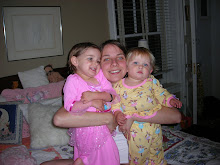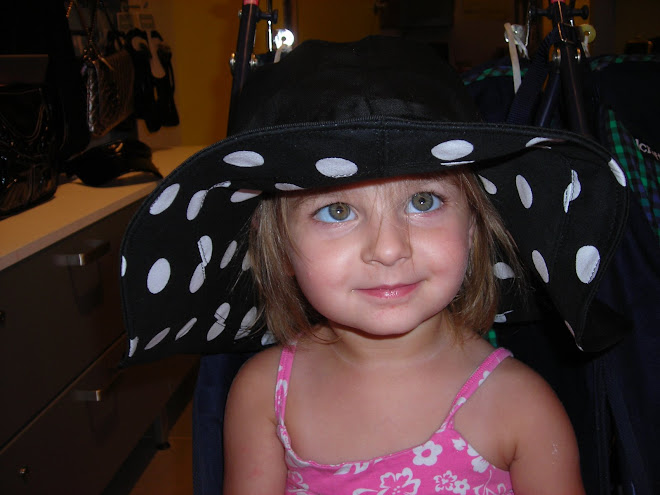
Because it is November, I would like to offer a meditation on roasting. The Pilgrims apparently favored roasting, so when you serve roast turkey this year do not fret about somehow being inauthentic, or somehow misconstruing the tradition. Please open this link to review a letter written from the Pilgrims about the "first" Thanksgiving dinner.
I find this letter to be particularly amusing because the Pilgrim author seems so concerned to let the audience know that they are living high on the hog over here in America. Jamestown, Roanoke--HA HA--those people are obviously just poser Pilgrims who don't have our good luck. We DEFINITELY made the right decision to come here on an extremely long journey by boat to celebrate our weird Puritan religion and fight terrible weather conditions, native populations, and mutiny among ourselves. Anyway, it sounds like quite a celebration they had themselves.
Technically speaking, roasting is a cooking method that utilizes dry heat in order to cook the meat or vegetable. Roasting often causes a caramelization of the surface of the food. A roast chicken is like an omelette in so far as it is an easy thing to seriously screw up, an extremely difficult thing to do correctly and accordingly is an easy way to measure the skills of a particular chef.
In order to offer the best advice about roasting, I interviewed Clancy Martin, celebrated author of How to Sell, who also happens to be an expert roaster.
1) What is the most difficult thing about roasting?
Knowing your oven (its real temperature). Make sure you roast different things in it so you know what the actual roasting temperatures and times are. Make sure you have time to baste if basting is recommended (and with chickens you should always baste).
2) What is the best advice for roasting?
Turn your chicken. Spend lots of time preparing whatever it is you are going to roast. The most important stage of roasting is the preparation before it goes in the oven. Also, because it will continue to cook after you remove it from the over, err on the side of underroasting. If necessary you can always pop it back in for another ten minutes.
3) What are the preparations for roasting?
Varies from meat to meat. Make sure you ahve an hour you can dedicate to whatever you are roasting before it goes in the oven. Make sure you have string for tying. make sure you have butter, garlic and fresh thyme (you will use these on many things you roast). make sure you salt and pepper whatever you are roasting.
4) How do you get the skin to be just right?
Preparation before it goes in the over. For chicken, basting, turning the bird every 15-20 minutes, and watching. If a chicken isn't crisping, you can always roast and turn under the broiler at the very end.
5) Tell me about pan gravies.
Pan gravies take practice. The most important step is spooning off the fat. Caramelize at medium heat, then deglaze with a little room temperature and simmer down to half the volume.







1 comment:
Do you think that Mr. Roaster Extraodinaire could possibly be available for my new OK book club at some point? I am starting a book club and when I told my friends that my almost, soon-to-be, hopefully, brother-in-law is in the process of getting published, everyone got giddy with excitement. Whenever the book does come out, we were hoping to have the author come to our meeting! If you guys aren't in OKC, maybe we can set up a conference call:) I was thinking we'd arrange that book club meeting and month around your plans. You should definitely be part of the meeting, so we can interview you about being married to such a famous author.
We decided to read a love story for the month of February. I have convinced my fellow book clubbers that we must read Wuthering Heights in order to make up for my deep hatred of it from Mrs. Nullmiller's class. I am cetain I would like the book now without the teachings of that old witch!
Post a Comment